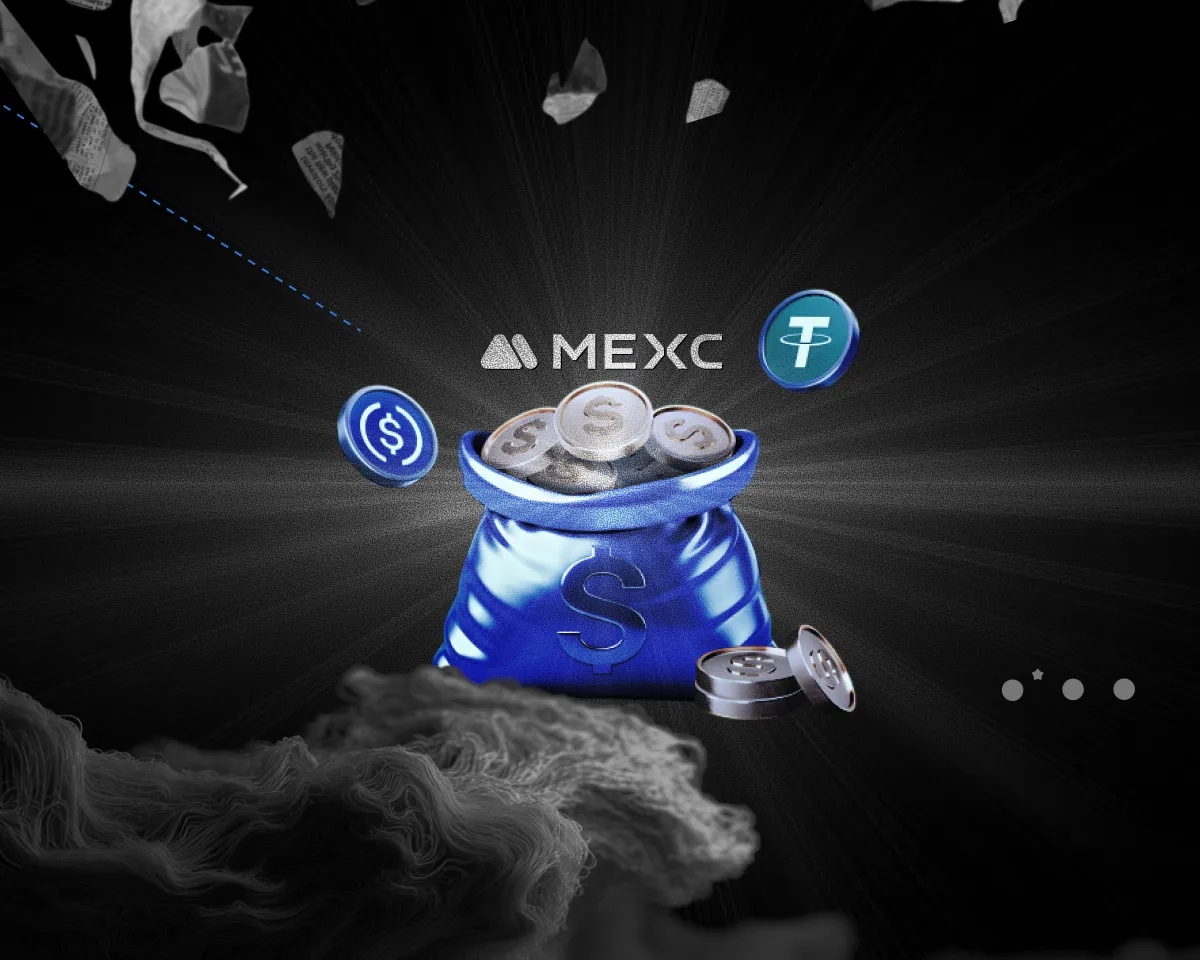
The post Surveillance a Trust Building Strategy for the Emerging Digital Asset Market appeared first on Coinpedia Fintech News
With 2022 having been a year of severe turbulence for the crypto market, it seems like effective crypto marketing is, at present, a bridge too far. Digital asset marketers often find themselves asking, how do I effectively market my crypto business? The answer or answers might be coming in the form of market regulation and surveillance.
According to a new Nasdaq report, regardless of a financially tumultuous 2022, crypto adoption is continuing to expand and grow. This means that regulators have no choice but to develop a broader framework for the emerging digital asset class.
Just like many financial marketplaces, crypto is all too often vulnerable to abuse and manipulation from bad actors, which highlights the need for stronger surveillance and regulation programs. Over time, these programs can create wider adoption and trust among investors since they will be protected from abuse.
With the crypto market along with crypto businesses and platforms expanding, what kind of role is regulation and surveillance playing when it comes to building trust in the crypto sphere? This was the exact topic recently discussed at a recent webinar hosted by both Nasdaq and Regulation Asia.
Different Market, Similar Challenges
Say the experts, trust in the crypto market varies for retail and institutional investors. Not only because plunging prices in the most popular assets like Bitcoin (BTC) and Ethereum (ETH) have crushed investor expectations, but also because the market, taken as a whole, is actually moving away from the hyper-volatility it experienced in the early days.
However, the Federal Trade Commission (FTC) reports that crypto scam losses in 2021 were calculated to be 60 times higher than that of 2018. It’s said that between January 2021 and July 2022, traders and investors were “scammed out of more than US$1 billion.” Maybe those assets are unrecoverable once they’re gone, but there are ways to block further threats at their origin.
The crypto market is somewhat misunderstood by some investors; the kind of fraud associated with it is said to be anything but unique or new. The FTC goes on to state that just about half of crypto investment scams began with a post, a message, or an ad on one of the many social media platforms. They also come from emails too.
According to the Head of Sales and Business Development for Asia-Pacific at Nasdaq Market Surveillance, David Kwan, as a surveilling expert, he’s witnessed cases of money laundering, wash trading, spoofing, phishing, and more.
He asks, “…why can’t the industry apply the same monitoring and the same protection in crypto as traditional markets?” In Kwan’s opinion, protecting the crypto marketplace is the only way crypto businesses, investments, and the industry as a whole will continue to grow.
Regulatory Leaders
Crypto professionals located in Singapore and Hong Kong are said to be taking the lead on engineering the regulatory frameworks that will inevitably lead to constructing resilience and trust in the crypto industry.
Hong Kong’s government, in particular, has crafted amendments to its Counter-Terrorist Financing Ordinance (AMLO) and its Anti-Money Laundering programs that will now include new licensing protocols for VASPs. This means that any business that intends to operate a VASP will require a license from the Securities & Futures Commission (SFC).
In Hong Kong, the title “virtual asset” is applied to BTC, ETH, and other top-tier altcoins, plus stablecoins like Tether. Virtual assets also include a specific set of governance tokens that can be morphed into non-fungible tokens (NFTs) in the near future.
Says Kwan, the existing financial institution guidelines, which include fund management code of conduct, internal control guidelines, plus the regulation of auto trading services, will be applied to virtual asset license holders by March of 2023. This will be a boon to crypto marketing businesses that desperately need their clients to develop trust in the digital assets they wish to invest in.
Expanding Crypto Regulation
Meanwhile, in Singapore, crypto professionals are creating new legislation to prop up their emerging digital asset market environment. The new laws are said to be somewhat covered by existing legislation called the Payment Services Act which came into existence back in 2020.
But the newly approved Financial Services & Markets Bill is said to strengthen regulations and close any gaps that exist in the Payment Services Act.
Again, more good, trust-building news for the crypto industry.
Disclaimer: This is a guest post. Coinpedia does not endorse or is responsible for any content, accuracy, quality, advertising, products, or other materials on this page. Readers should do their own research before taking any actions related to the company

 2 years ago
190
2 years ago
190














 English (US) ·
English (US) ·